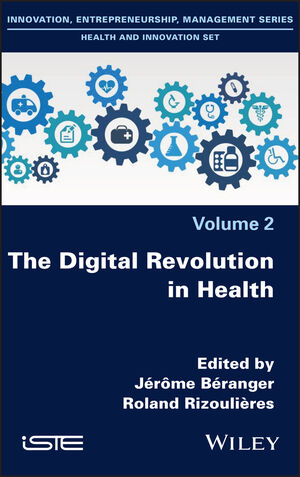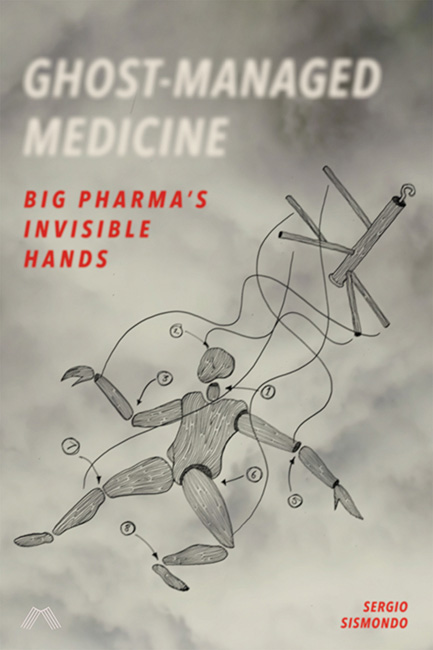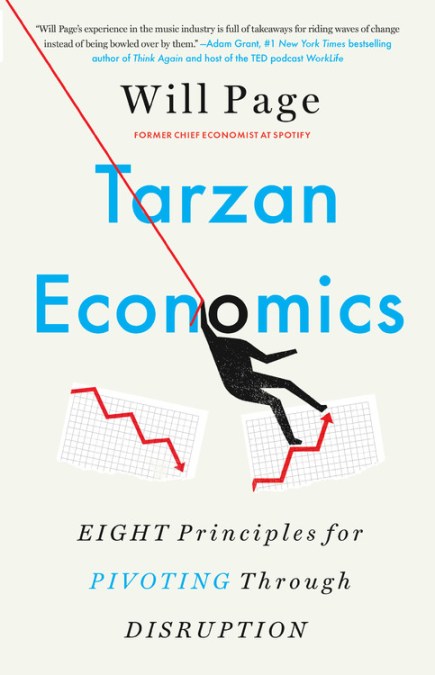31 d’agost 2021
26 d’agost 2021
25 d’agost 2021
19 d’agost 2021
On how risk shifting affects trust
A book that explains that shifting financial risk onto doctors in a profit-making system seriously damages patient trust. In addition this undermines overall social capital, which in turn has been linked to health outcomes.
12 d’agost 2021
04 d’agost 2021
Reordering our society is possible
What We Owe Each Other.A New Social Contract for a Better Society
A thought -provoking book. Chapter 5 is devoted to Health:
Being healthy is the most important determinant of our wellbeing. Physical and mental health (subjective well-being as it is called in the academic research) rank at the top of every major study of happiness across the world. Ultimately, this is why every society aspires to provide health care for its population. And because the costs of providing health care are reduced when a large population pools its resources, and because a healthy labour force is also good for the economy, the social contract in every society includes health care in some form or another.
The great issues:
- Defining a Minimum for Universal Health Care
- How Should Health Care Be Provided?
- Health Spending Is Only Going Up
- A More Digital Future for Health
- Individual and Social Responsibilities – Where Is the Balance?
We owe each other more. A more generous and inclusive social contract would recognise our interdependencies, provide minimum protections to all, share some risks collectively and ask everyone to contribute as much as they can for as long as they can. This is not about increasing the welfare state, but about investing in people and building a new system of risk sharing to increase overall well-being. Change will come inevitably because the forces of technology, demography and environmental pressures will drive it. The question is whether we prepare for that change or continue to allow our societies to be buffeted by these powerful forces, as we have in recent decades. This book lays out the challenges we face and provides a menu of alternatives for a better social contract around families, education, health, work, old age and between the generations. It is not a blueprint, but it provides a direction of travel that is economically feasible. Nor is it a fixed menu – countries may choose to implement some elements and not others depending on their values and preferences.
03 d’agost 2021
Pharma industry regulation: extracting or creating value
The Global Pharmaceutical Industry. The Demise and the Path to Recovery
The pharmaceutical industry has reached a tipping point. Its business growth is predicated upon fagrantly raising drug prices (especially in the U.S.), thereby increasing the inability of patients to afford medications. The clinical trials that provide the basis for pharma’s new drug development rely on biased designs to favor approvable outcomes, even as sponsors selectively publish mainly the reports that contain favorable results for their test drugs. The industry’s research process exerts a corrupting infuence on medical researchers and the channels of medical communication, while its everyday product promotions involve regular payments of financial and other inducements to prescribers that effectively constitute bribes. Even its involvement in continuing medical education poses a confict of interest and a corrupting infuence on medical practitioners.
If pharma continues operating in this manner, it cannot complain when citizens worldwide demand their governments impose onerous restrictions. Each passing week sees the emergence of additional outrages that make such controls more likely.
Any generalization doesn't fit with an objective observation of reality. However, in chapter 5, you'll find proposals for a new regulation.





